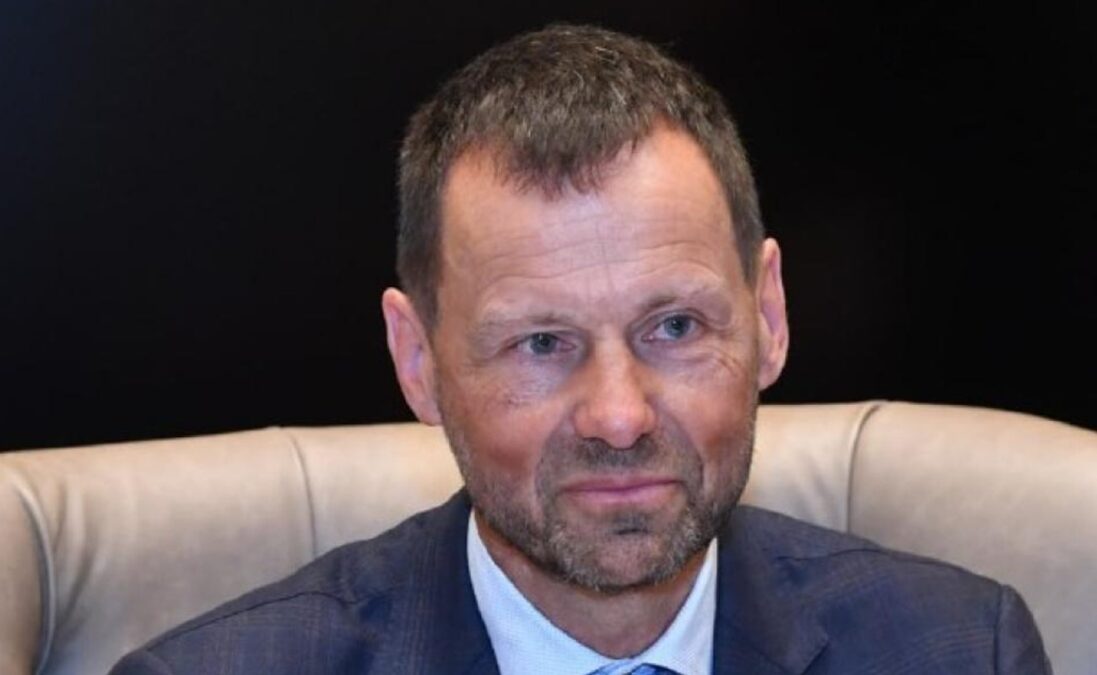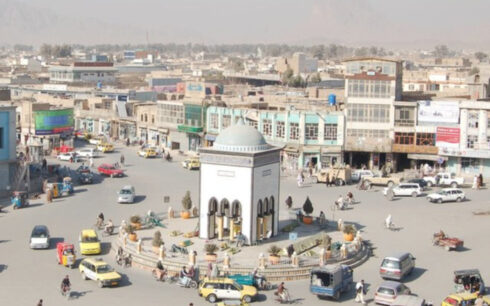KABUL, Afghanistan — Tomas Nicholson, the European Union’s special envoy for Afghanistan, has condemned the Taliban’s public execution of a man in Paktia Province, calling it a breach of Afghanistan’s international human rights commitments.
“The EU denounces the public execution carried out in Gardez, in Afghanistan’s Paktia Province, on 13 November. The EU strongly opposes the death penalty at all times and in all circumstances,” Nicholson wrote on X.
Nicholson added that public executions are “not in accordance with Afghanistan’s international human rights obligations” and are “degrading and contradictory to human dignity,” citing Articles 6 and 7 of the International Covenant on Civil and Political Rights (ICCPR).
He also urged the Taliban to uphold due process and ensure fair trials for all, including access to legal representation for both women and men.
Public execution sparks international outrage
The execution, carried out last Wednesday in a stadium in Gardez, the capital of Paktia Province, drew significant attention. The Taliban announced that the punishment was in accordance with their interpretation of Islamic law, often referred to as qisas, or retributive justice.
Senior Taliban officials attended the event, including Sirajuddin Haqqani, the Taliban’s interior minister; Khalil-ur-Rahman Haqqani, minister for refugees; and Abdullah Khalid, head of the Taliban’s appellate court.
Human rights organizations and international observers have repeatedly raised concerns about the Taliban’s judicial processes, citing a lack of transparency, absence of legal representation, and a disregard for international conventions.
The EU has called on the Taliban to respect Afghanistan’s commitments under international law and to ensure that their practices align with basic human dignity and global norms.





